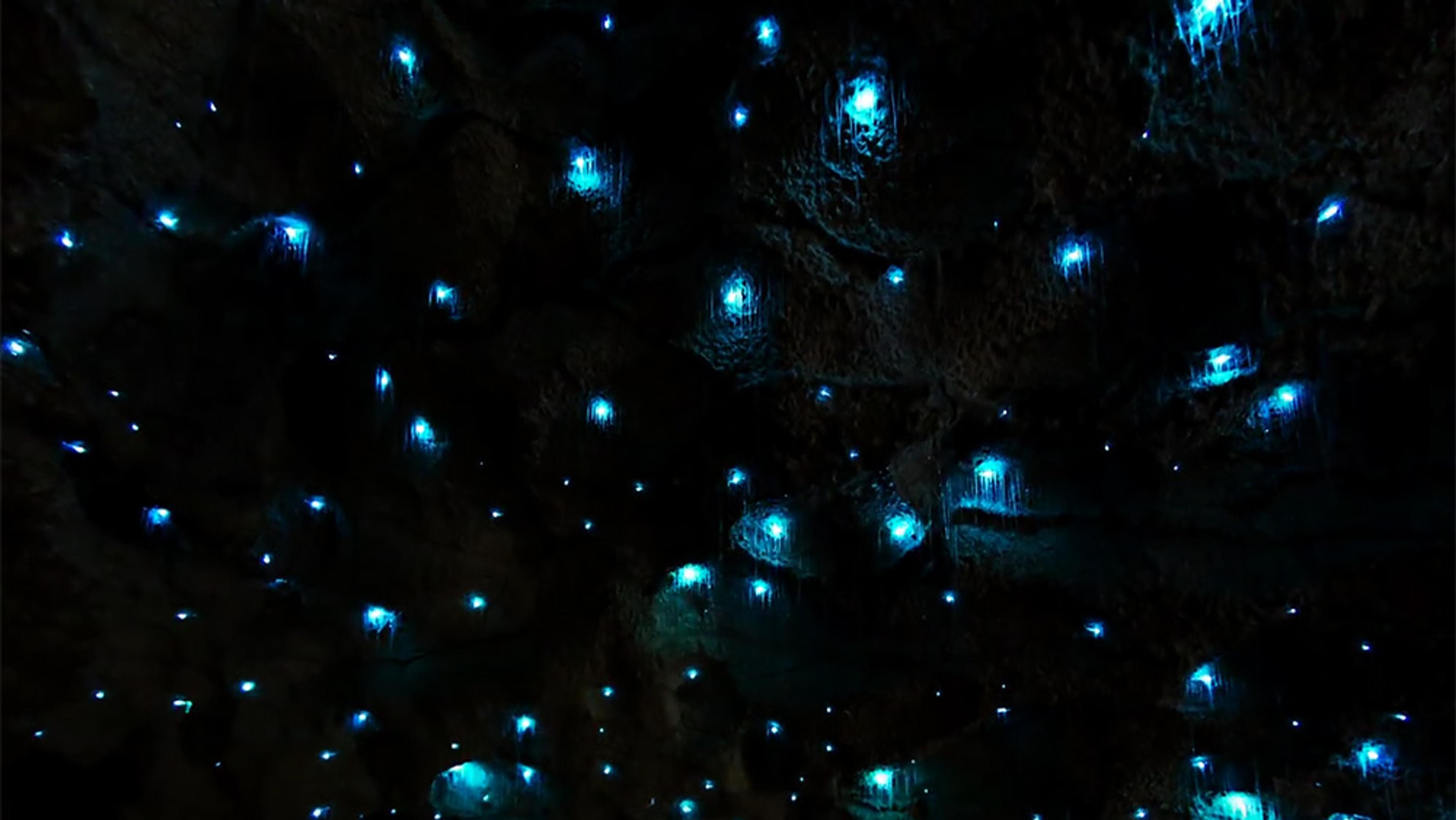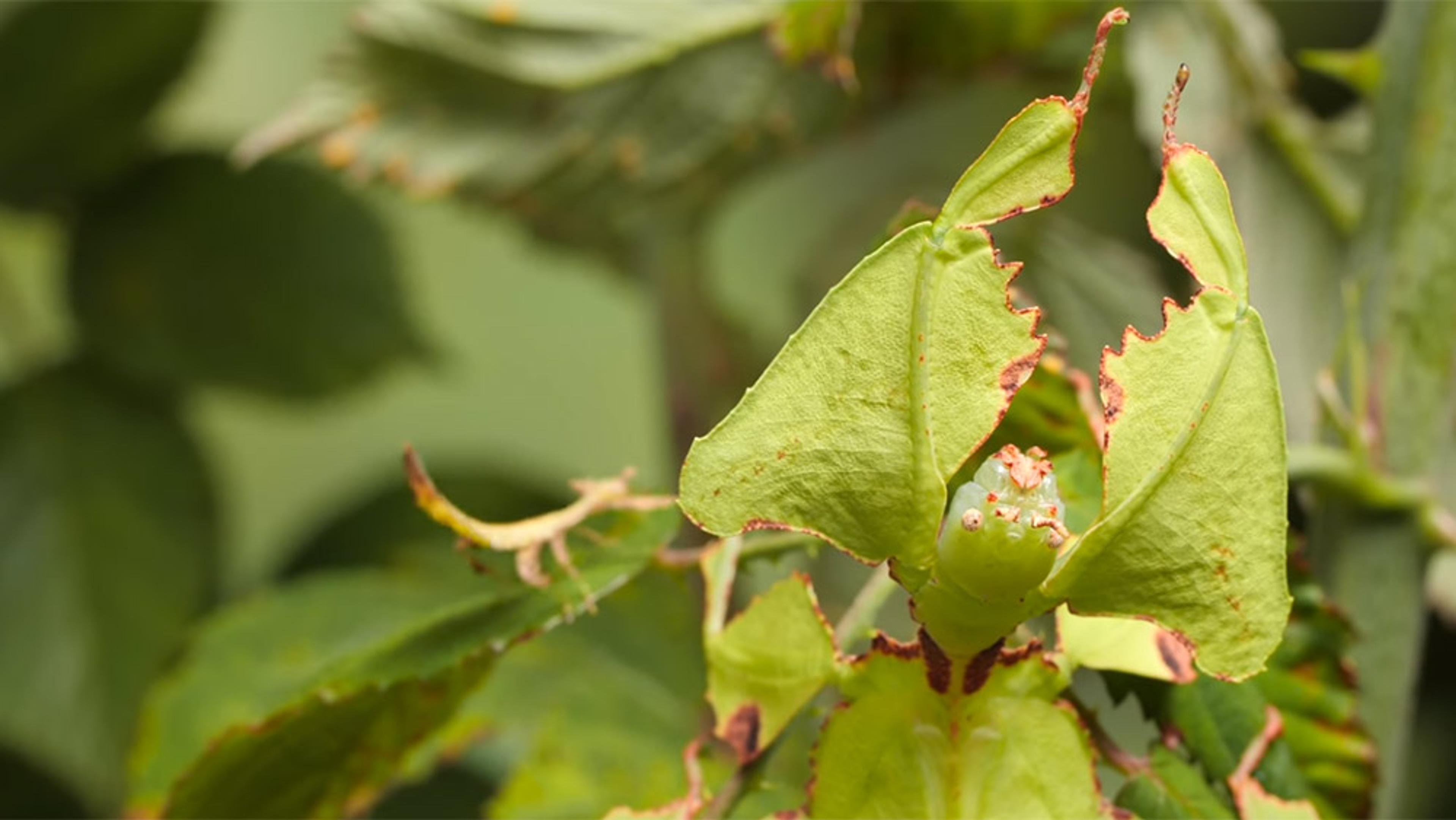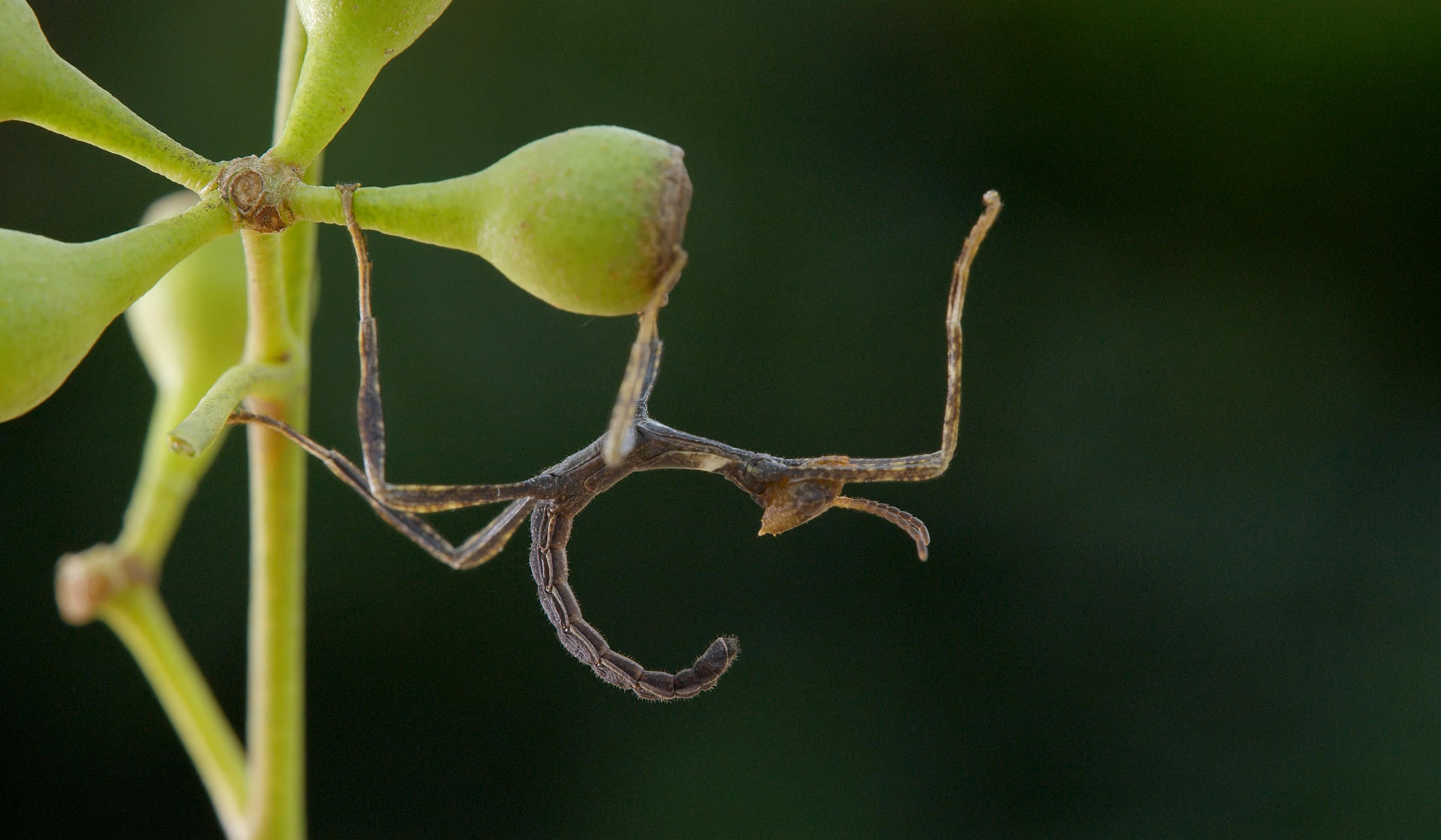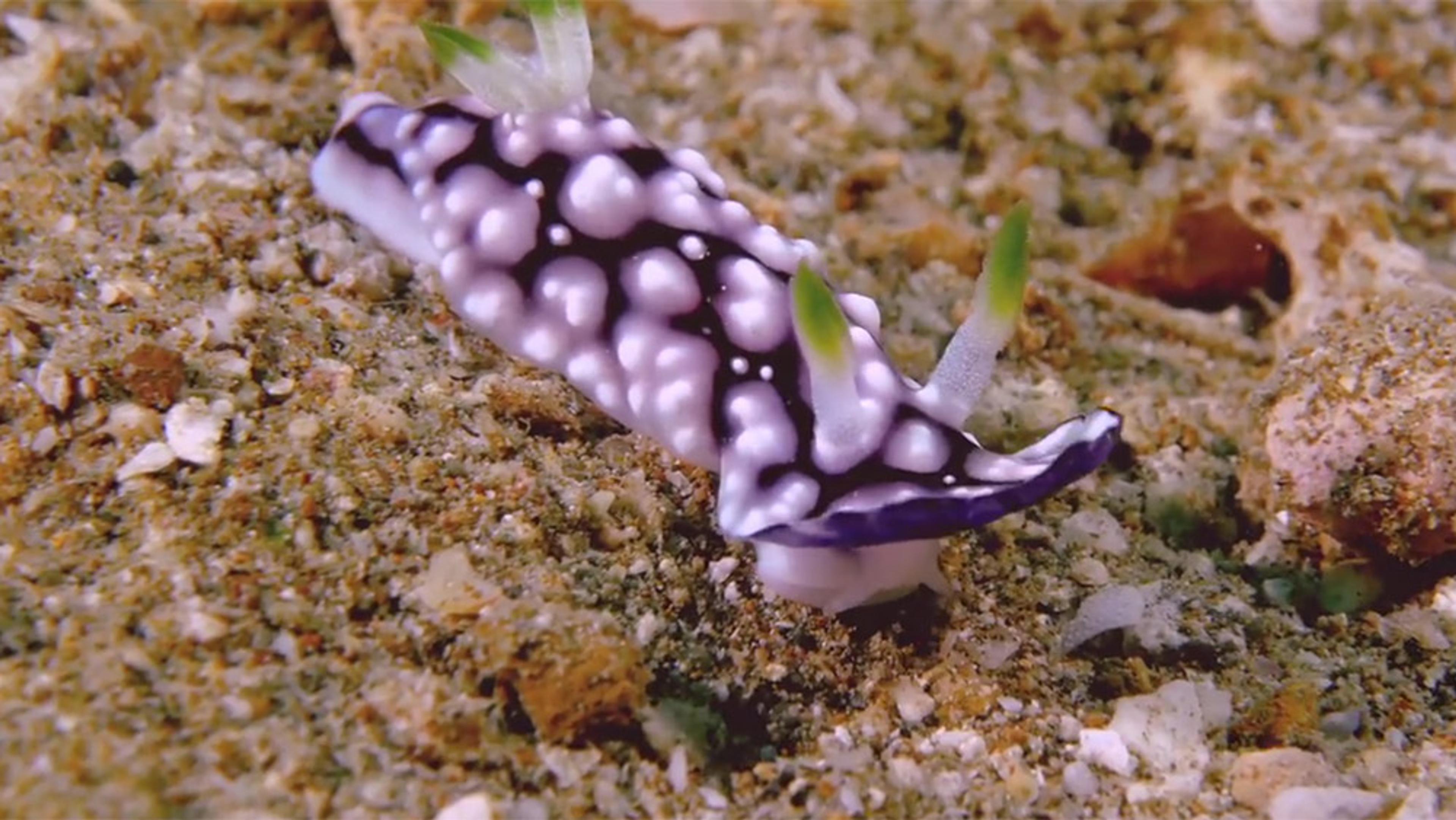Many plants and winged insects benefit from mutualistic relationships, with plants providing food and shelter in exchange for pollination services. But, as the lethal Cape sundew proves, not all plants have evolved to be quite so neighbourly. This video from KQED’s science documentary series Deep Look offers carnivorous close-ups of the Cape sundew – a bog-dwelling plant species native to South Africa. The colourful plant lures in unsuspecting insects with its bright tentacles, which contain sweet, sticky droplets. Once they’ve ensnared something worthwhile, the sundews envelop their prey to maximise the nutrients they can extract, in an exchange that’s anything but mutually beneficial. Because Cape sundews move their tentacles and use electrical signals to sense the difference between potential meals and other objects, they aren’t just fascinating to scientists for their snare tactics – they challenge conventional understandings of plant behaviour. You can read more about this video at KQED Science.
Cape sundews move, react and attack in a way that seems more animal than plant
Video by KQED Science
Producer and Writer: Jenny Oh
Cinematographer: Josh Cassidy
Narrator and Writer: Lauren Sommer
31 August 2020

videoEvolution
A hair-trigger existence – the extreme peril of feasting on Venus flytrap nectar
3 minutes

videoBiology
Glow worms mimic stars, creating a stunning faux night sky in a New Zealand cave
4 minutes

videoEvolution
When is a leaf not a leaf? When it’s got six legs and a face
4 minutes

videoEvolution
Incredible footage captures the ants that transform other species into loyal servants
5 minutes

videoDeep time
When algae met fungi – the hidden story of life’s most successful partnership
4 minutes

videoEcology and environmental sciences
Close-ups reveal how caterpillars live long enough to cocoon
9 minutes


